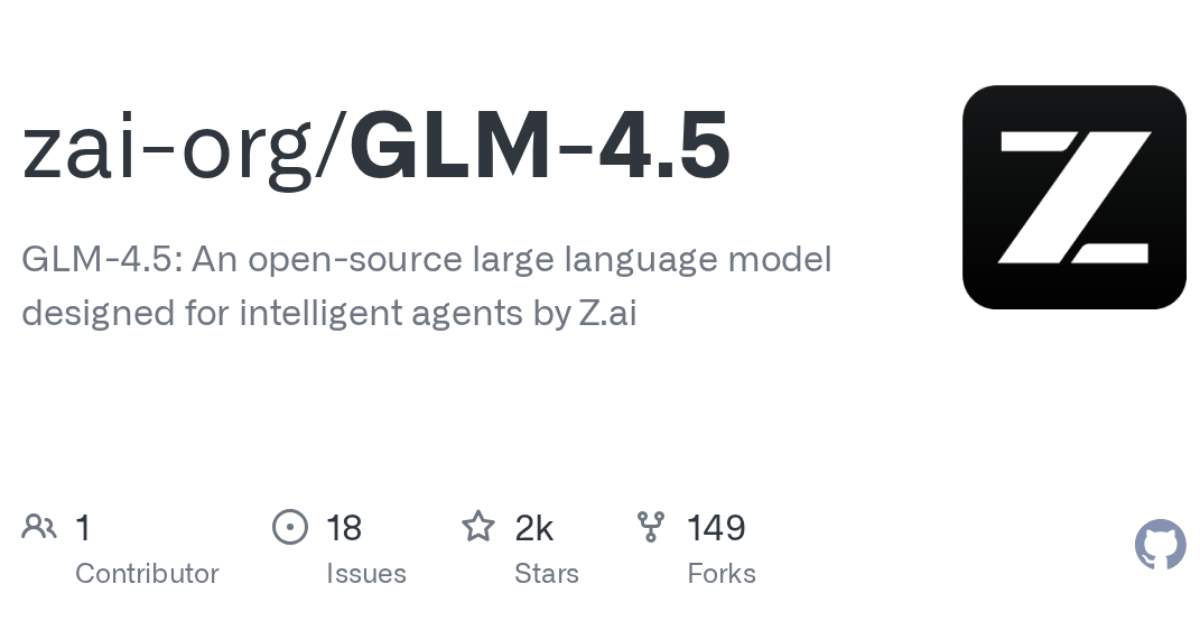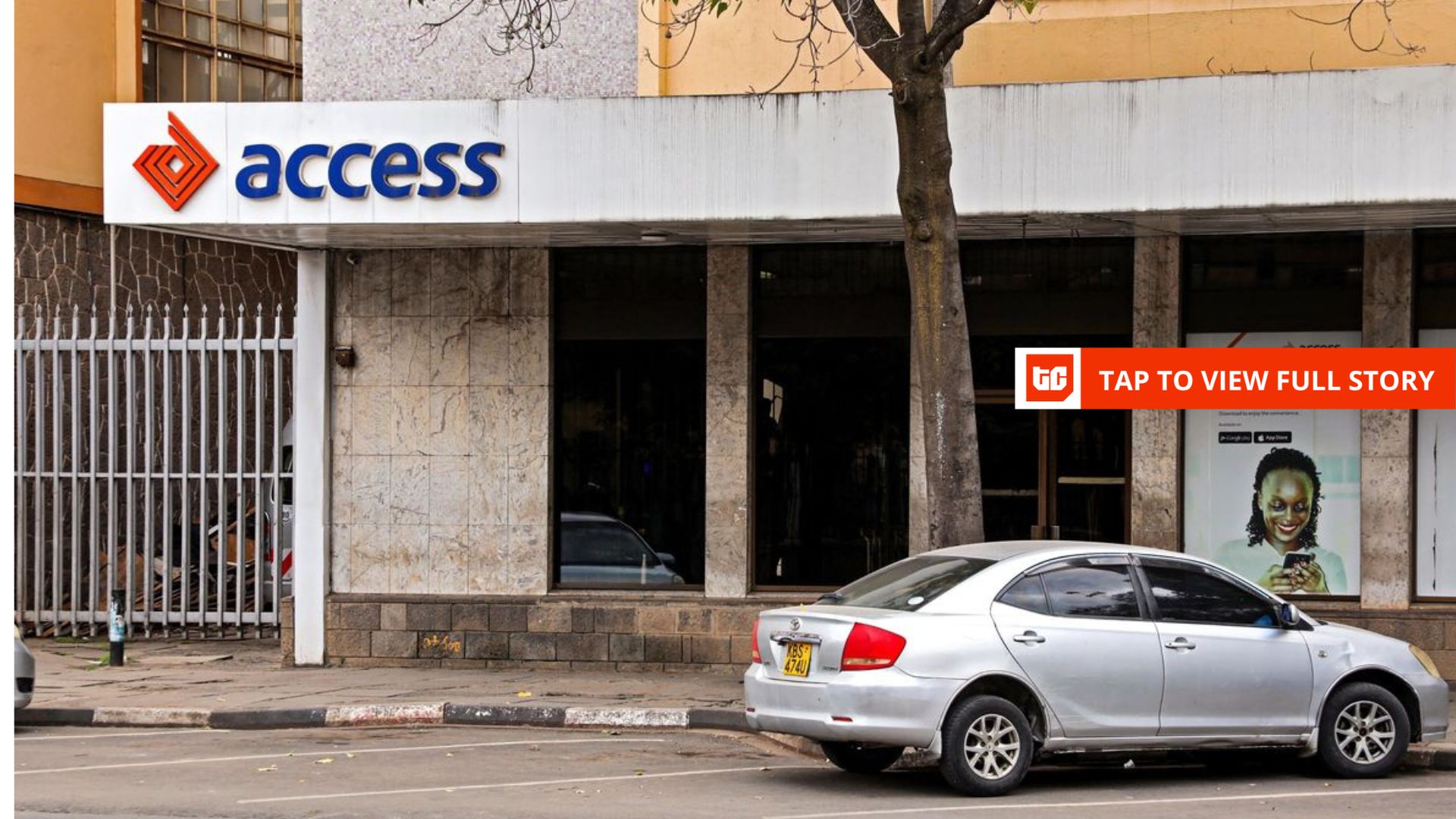Riddle me this: how are Nigerian telecom companies (read: MTN Nigeria and Airtel) reporting record profit margins in H1 2025, on the back of increased telecom tariffs, strong data demand, and stable currency, yet the number of internet users in the country are declining?
Congratulations. You’ve unlocked the telecom paradox happening in Nigeria right now.
What happened? According to the Nigerian Communications Commission (NCC), Nigerian telecom firms lost 1 million internet subscribers in H1 2025. The number dropped from 141.6 million to 140.6 million.
Nigerian telecom firms have weathered similar subscriber losses before, most notably in 2016, H1 2021, and H1 2024, when they lost 5 million, 11.1 million, and 25.6 million internet users, respectively. The H1 2024 drop was the worst six-month decline since the NCC began publishing this data in 2012.
What happened in those years? In 2016, SIM registration rules pushed users to drop extra lines. In 2021 and 2024, government enforcement of NIN-SIM linkage led to mass deactivation. These were clear regulatory shocks.
So, what’s going on in 2025? This time, it looks more like a market correction. Here are three possible reasons.
- Phones are too expensive: Smartphone sales have dipped in 2025, making it harder for new users to join the mobile internet economy.
- People are choosing one SIM: With data prices rising, Nigerians who once juggled multiple SIM cards may now be sticking with the one that gives the best data value, discarding the rest.
- Some people have just opted out: Non-power internet users—think mummies and daddies at home—could be subscribing less to internet data, instead finding other ways to stay connected.
But here’s the twist: Despite the subscriber drop, telecom operators are seeing higher average revenue per user (ARPU). So, while fewer people are online, those who are, are spending more—possibly buying larger data bundles or using voice services more.
The takeaway: Despite losing 1 million internet subscribers in H1 2025, Nigerian telecoms aren’t in crisis. They’ve weathered worse—especially regulatory clampdowns. This recent dip is more of a market fluctuation than a structural threat, and may self-correct as growth rebounds.











